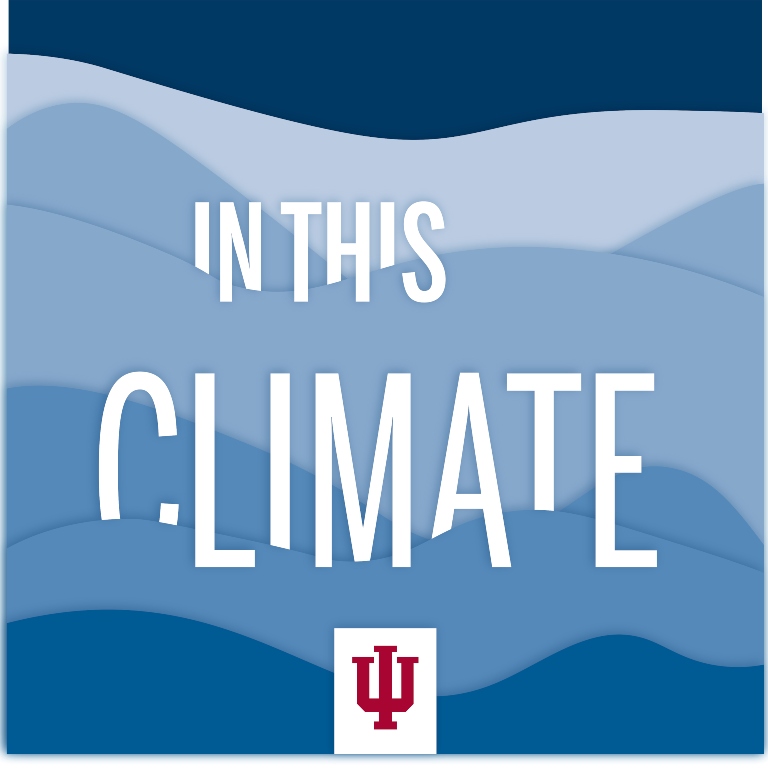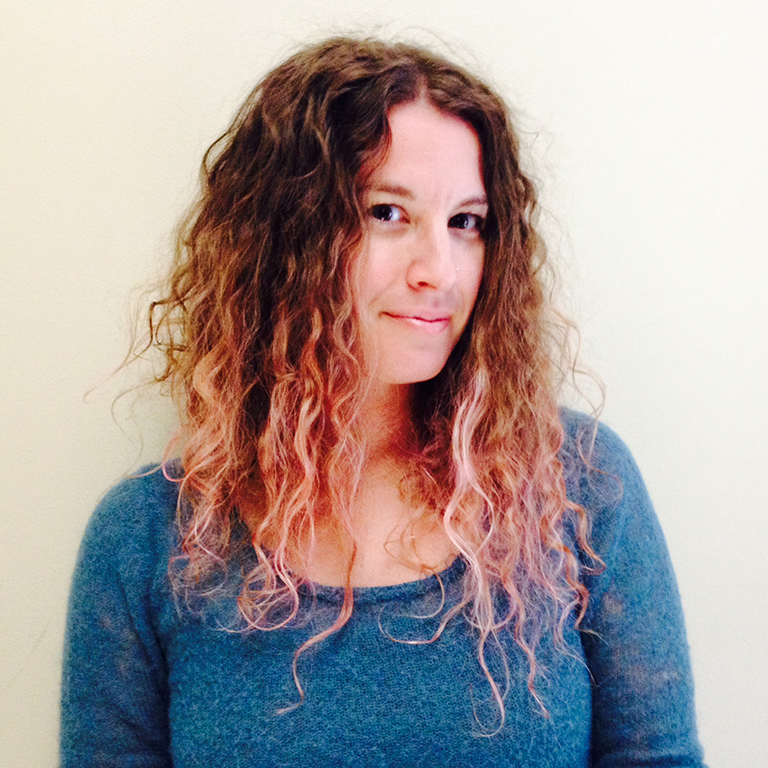Freelance journalist Monika Mondal had never produced a podcast in her life before teaming up with In This Climate earlier this year to report on how farmers in Uttar Pradesh, India are adapting to climate change. In addition to writing and reporting, she found herself recording interviews and capturing the sounds of rustling sugarcane, rolling tractors, and chirping birds in the fields.
“I don’t know how I would have depicted the people’s voice in this if it wasn’t for podcasting,” said Mondal, who lives in the region. “We tried to keep as much in the local dialect as possible.”
Mondal is one of several guest producers collaborating with In This Climate to tell the stories of people on the frontlines of climate change. The collaborations are the result of an environmental justice-storytelling grant awarded to In This Climate by the Environmental Resilience Institute.
“Frontline communities are the people with the most at stake; they’re the people having to bear the greatest burden from climate change,” said Emily Miles, the podcast producer. “I wanted to meaningfully involve them by having them tell their own stories and gain confidence for future storytelling and retain ownership.”
In addition to Mondal’s reporting, the grant funded an episode about a campaign by activists and students at George Washington University to draw attention to climate disinformation being pushed by a university research center with Koch Industries funding. Episode producer Avital Norman Nathman is the media coordinator for UnKoch My Campus, an organization focused on exposing the undue influence of Koch Industries and other donors within higher education.
“This storytelling opportunity gave us the push we needed so that this will not be our last podcast experience,” Nathman said. “It was great to get the story out to new listeners and folks that want to continue fighting this fight with us.”
A forthcoming episode is being produced in collaboration with Appalachians Against Pipelines, an activist organization campaigning against new natural gas infrastructure, such as the Mountain Valley Pipeline and Atlantic Coast Pipeline.
For Miles, the power of these stories comes from hearing the voices of people directly affected by the climate crisis.
“To have people telling firsthand, narrative stories in their own voice brings a groundedness,” she said. “It’s a really wonderful thing that people can actually relate to.”
The collaborations have also opened the eyes of first-time producers to the potential of alternative forms of storytelling.
“Most climate change stories are so depressing,” Mondal said. “Maybe audio, video, or some other multimedia can help more people understand how everything is connected—the ecology, the economy, peoples’ lives, and the socioeconomic perspective. I think such platforms will help everybody.”
In This Climate is a joint venture of the Environmental Resilience Institute and The Media School at IU and can be listened to through ITC website, Apple podcasts, and Spotify.
About the Environmental Resilience Institute
Indiana University's Environmental Resilience Institute brings together a coalition of university scholars and leaders in government, business, and the nonprofit and community sectors to help Indiana better prepare for the challenges that environmental changes bring to Hoosiers' economy, health, and livelihood.





